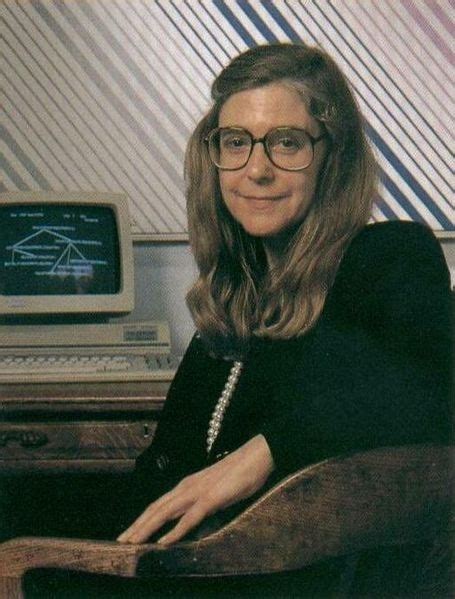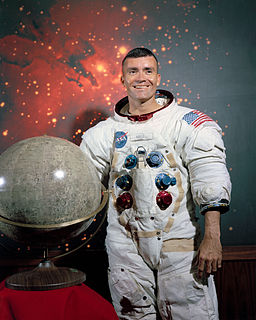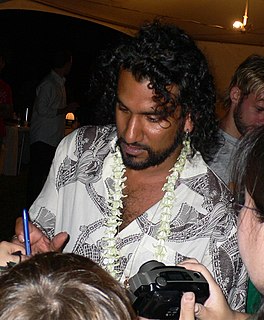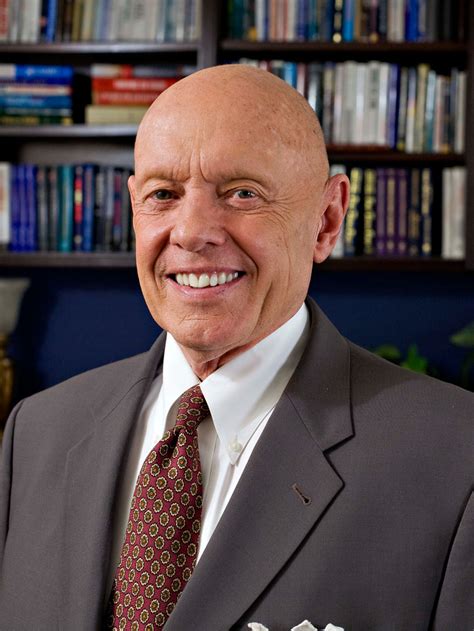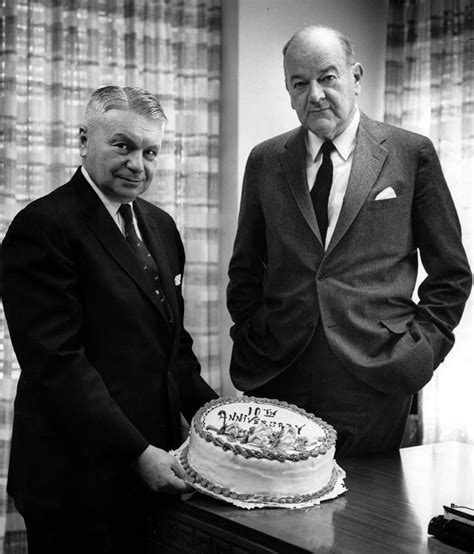A Quote by Alan Stern
At the time of Apollo 11, I was a grade-schooler, and I remember every time an Apollo mission would take place that, like a lot of little boys, I'd gather in front of the TV for hours and hours and hours with my little brother.
Related Quotes
We have amazing stunt performers and in Miguel Sapochnik, a director who's so good at spending hours and hours and hours on every shot beforehand, so that he knows exactly what he wants when he gets to the battlefield on the day. We only shoot ten-hour days, so you have to pack a lot into those ten hours.
In less than 70 hours, three astronauts will be launched on the flight of Apollo 8 from the Cape Kennedy Space Center on a research journey to circle the moon. This will involve known risks of great magnitude and probable risks which have not been foreseen. Apollo 8 has 5,600,000 parts and 1.5 million systems, subsystems and assemblies. With 99.9 percent reliability, we could expect 5,600 defects. Hence the striving for perfection and the use of redundancy which characterize the Apollo program.



